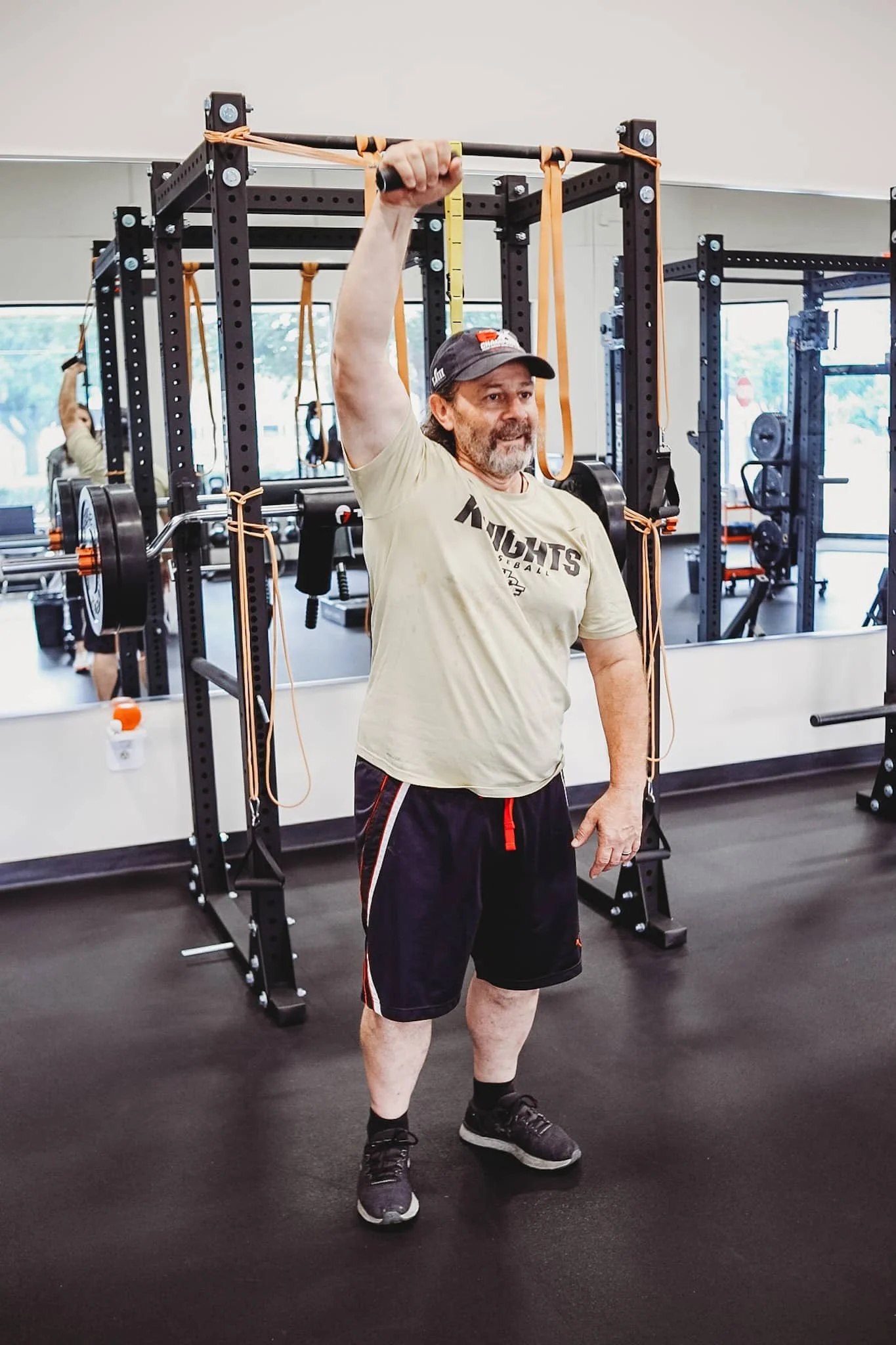Maximizing Recovery: The Role of Physical Therapy in Rotator Cuff Surgery Rehabilitation
Welcome to our comprehensive guide on maximizing recovery through physical therapy after rotator cuff surgery. If you've recently undergone this procedure or are considering it, understanding the pivotal role of physical therapy is crucial for your successful rehabilitation journey. In this article, we'll delve into the importance of physical therapy, the specific exercises involved, and how it contributes to your overall recovery.
Understanding Rotator Cuff Surgery:
Rotator cuff surgery is a common procedure performed to repair tears or injuries in the rotator cuff muscles of the shoulder. Whether due to trauma, overuse, or degeneration, rotator cuff injuries can significantly impair shoulder function and cause debilitating pain. Surgical intervention aims to restore stability, range of motion, and strength to the shoulder joint, facilitating a return to normal activities and quality of life.
The Role of Physical Therapy:
Physical therapy plays a pivotal role in the rehabilitation process following rotator cuff surgery. It is not merely an adjunct but an essential component in maximizing recovery and achieving optimal outcomes. Under the guidance of skilled physical therapists, patients undergo customized rehabilitation programs tailored to their specific needs and stage of recovery.
Transitioning from Surgery to Rehabilitation:
After rotator cuff surgery, the initial focus is on pain management, inflammation reduction, and protecting the surgical site. Once cleared by the surgeon, patients begin their physical therapy journey, typically within days to weeks post-operation. Early intervention is crucial in preventing stiffness, promoting circulation, and initiating gentle movements to prevent muscle atrophy.
Targeted Rehabilitation Goals:
Physical therapy aims to address various aspects of recovery, including:
Restoring range of motion: Gentle exercises, passive range of motion, and joint mobilization techniques help gradually increase flexibility and mobility in the shoulder joint.
Strengthening muscles: Targeted exercises focusing on the rotator cuff muscles and surrounding shoulder stabilizers help rebuild strength and endurance.
Improving functional movements: Physical therapists incorporate functional exercises that mimic daily activities to enhance coordination, balance, and overall functional capacity.
Enhancing proprioception and joint awareness: Balance and proprioceptive exercises help retrain the body's awareness of joint position and movement, reducing the risk of future injuries.
Key Components of Physical Therapy:
Manual Therapy: Hands-on techniques such as joint mobilizations, passive range of motion, and neuromuscular facilitation help alleviate muscle tension, improve circulation, and enhance tissue healing.
Therapeutic Exercises: A combination of strengthening and conditioning exercises tailored to individual needs form the cornerstone of rehabilitation programs. These exercises target specific muscle groups, gradually progressing in intensity and difficulty as the patient advances in their recovery.
Patient Education: Empowering patients with knowledge about their condition, proper body mechanics, ergonomic principles, and home exercise programs empowers them to take an active role in their recovery and prevent re-injury.
The Importance of Consistency and Compliance:
Consistency and adherence to the prescribed physical therapy regimen are paramount for achieving optimal results. While progress may be gradual, each session contributes to the overall trajectory of recovery. It's essential to communicate openly with your physical therapist, address any concerns or challenges, and actively participate in your rehabilitation journey.
Together Towards Healing: Physical Therapy Paves the Way to Wellness
In conclusion, physical therapy plays a central role in maximizing recovery and restoring function following rotator cuff surgery. By addressing range of motion, strength, proprioception, and functional capacity, physical therapists facilitate a comprehensive approach to rehabilitation that empowers patients to regain independence and improve their quality of life. Remember, your journey towards recovery is unique, but with dedication, perseverance, and expert guidance, you can achieve remarkable outcomes. If you're seeking physical therapy near you, don't hesitate to reach out to our experienced team at Premier Performance and Physical Therapy. Together, we'll embark on a journey towards healing, strength, and renewed vitality.


